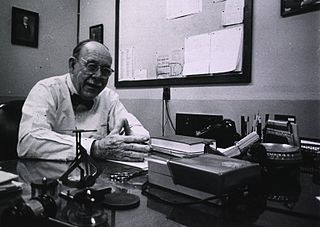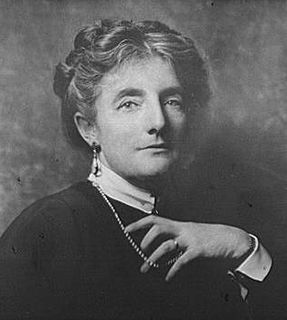A Quote by Gita Gopinath
Harvard is famous for being an 'absorbing state' for faculty with almost no one leaving it for another institution, which is why the decision of granting tenure is a life long commitment.
Related Quotes
There is another innovation at Harvard which I think made a tremendous difference and that is the decision to try to recruit the very best person in the field for an available faculty position. In the period after World War II Harvard literally engaged in world-wide searches for the very best and created a culture in which it was simply unacceptable to hire friends and associates, to make decisions based on personal affections or inclinations.
The president [of American research institute] can act as the CEO and make a firm decision about the long-term development of the institution, but he or she does so in constant consultation with the faculty. It may not always work this way, but the greatest advances occur when governance is truly shared.
I think that if your tenure case depends on your proving what you thought was a mathematical theorem and the proposed theorem turns out to be false just before your tenure decision, and you want to get tenure very badly, there is a sense in which it's perfectly understandable and reasonable of you to wish the proposed theorem were true and provable, even if it's logically impossible for it to be.
[My father] was a banker. He was the president of the Cambridge Trust Company, the head of the trust department, and he taught classes at the Harvard Business School. And he was a member of the Harvard Faculty Club, which I am, too, because what I did is... I have the same name as my father, only Jr.
Harvard (across the river in Cambridge) and Boston are two ends of one mustache. ... Without the faculty, the visitors, the events that Harvard brings to the life here, Boston would be intolerable to anyone except genealogists, antique dealers, and those who find repletion in a closed local society.
The mishandling of the would-be airplane bomber Umar Farouk Abdul Mutallab's visa is only the latest piece of evidence that the granting of visas should be taken away from the State Department. For the granting of visas - especially today, when terrorism is such a complex threat - is far closer to being a law-enforcement function.
I would not say that Harvard possesses any sort of absolute dominance. And I personally do not take the rankings of schools all that seriously. However, I think that Harvard's global visibility increased significantly in the 1930s and 1940s and that the new commitment to excellence at Harvard spread to other institutions.
That said, there are a few clear factors that determine the potential of a university to reach the highest levels of excellence. In the case of Harvard University, it was true that by the time of its tercentenary (300th anniversary of its founding) in 1936, Harvard had already achieved a reputation as a world-class institution. Harvard did not have the stature that it does today.
A short-lived fascination with another person may be exciting-I think we've all seen people aglow, in a state of being "in love with love"-but such an attraction is not sustainable over the long run. Paradoxically, human love is sanctified not in the height of attraction and enthusiasm, but in the everyday struggles of living with another person. It is not in romance but in routine that the possibilities for transformation are made manifest. And that requires commitment.


































